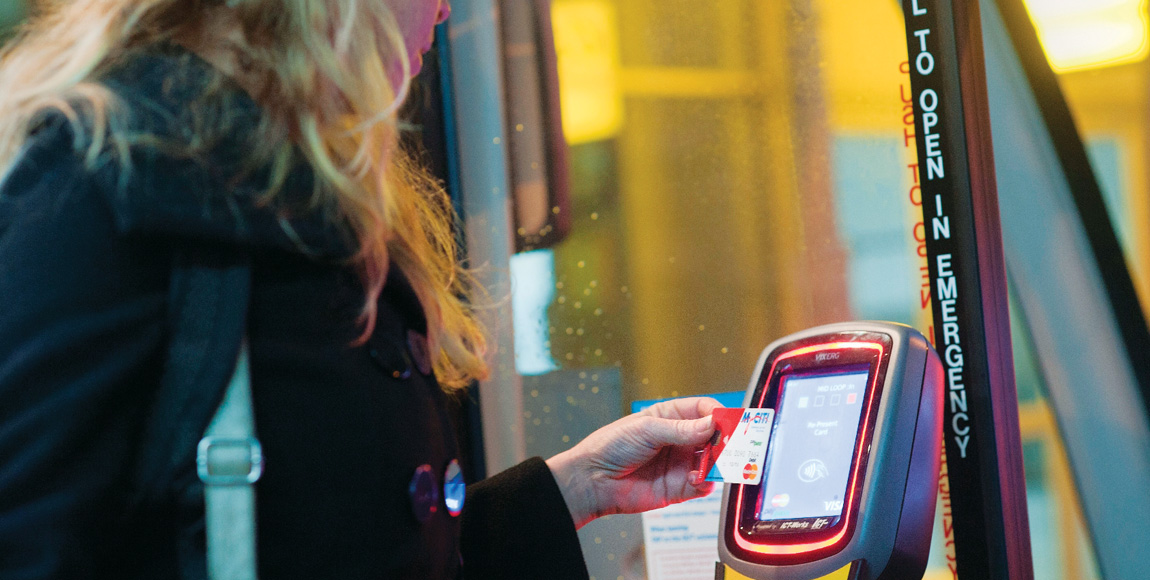South Africa unprepared for disruptive technology

The impact of disruptive technology on the transport industry was a key theme at the 2019 Southern African Transport Conference (SATC), which was held in Pretoria in July. FOCUS reports
The annual SATC brings various professionals within the southern African transport industry together to discuss and debate the challenges facing the industry. This year, the conference highlighted the impact of technology on the transport sector with topics on cashless fare collection and electric cargo bikes in the last-mile delivery, for example.
Held at the Council for Scientific and Industrial Research (CSIR) Convention Centre in Pretoria from July 8 to 11, the event opened with an address by Minister of Transport Fikile Mbalula, which summarised the relationship between transport and technology in South Africa. He noted that the country is stuck between the pioneers and late adopters.
There has been some investment in new technology within the public-transport sector including smart-card technology, mapping the routes of the informal minibus-taxi industry and creating mobile apps for commuters to plan their journeys. However, the country still faces many obstacles with the government’s ability to implement policies efficiently being the biggest challenge.
“The very fast pace and frequency at which new technologies emerge, and their diffusion across the world, makes us question whether southern Africa is ready and whether it will ever be ready,” Mbalula said.
“Government’s role is to speedily come up with new policies and laws that will render transport disruptive technologies beneficial to all,” he added.
While there are many examples of technology that required a quick response from government in recent years (consider for example drone and e-hail technology), Mbalula highlighted the environmental laws around carbon emissions.
“There is currently no policy, or regulatory framework, that determines the requirements, norms and standards for cleaner fossil fuels in South Africa,” he explained. “There is also no policy or incentive scheme that rewards users of cleaner fuels and cleaner fossil fuels.”
While many other countries are already deeply invested in the introduction of new environmentally friendly transport options – such as electric vehicles – the South African government faces a mountain of new technology that still requires regulation. The recently introduced carbon tax is a good example of the long government processes involved in the introduction of new regulations.
Although South Africa signed the Paris Agreement aimed at reducing greenhouse gas (GHG) emissions in 2016, it introduced a carbon tax only in June. Professor Imad AL-Qadi from the University of Illinois in the United States noted that the GHG per capita in South Africa is almost double that of the world average at 8,97 metric tonnes.
He added that the transport sector remains the biggest contributor. Around 71,3 percent of all oil-based emissions stem from the transport sector. However, addressing this high level of GHG emissions could be as simple as introducing flexible ride sharing, or a change in mobility, which could reduce GHG emissions by 40 to 60 percent at full autonomy.
A key aspect of the transport industry that needs to be addressed is road freight. According to AL-Qadi, transport companies are losing 40 percent of fuel through aerodynamic drag, 25 percent as a result of mechanical losses and 35 percent to rolling resistance.
Some of the solutions to these fuel-consumption challenges he suggested include changing the texture of road surfaces, which can reduce fuel consumption by eight percent, and platooning, which could reduce fuel consumption by up to 15 percent. However, the introduction of these technologies in South Africa seems unlikely.
There are insufficient regulations in South Africa to encourage the adoption of electric vehicles. According to AL-Qadi, there are only about 700 electric vehicles in use in South Africa.
Mbalula also said that it is unlikely that the country will have autonomous vehicles any time soon. “As a country, we are still a long way off from transitioning to autonomous technology such as an autonomous bus system,” he noted. Even if the policies were in place, there is a lack of infrastructure. In addition, the infrastructure in place is poorly maintained – especially in provincial areas.
Don Ross and Mathew Townshend, from the University of Cape Town, gave a presentation on the road maintenance backlog in South Africa. According to their research, there is a R243-billion functional maintenance backlog and a
R281-billion technical-needs maintenance backlog on gravel roads.
They noted that on paved roads there is a R61-billion functional backlog and a R135-billion technical maintenance backlog. The majority of the backlog can be found in provincial networks, which poses a challenge for logistics in the more rural areas.
If government attempted to cover these backlogs within five years, it would require the entire new economic stimulus plan. Alternatively, Ross and Townshend suggested a four-percent rise in VAT, or an increase of R3 per litre on the national fuel levy.
Despite the challenges and a lack of adequate policies to regulate the new technology, Mbalula has high expectations for the country and a desire for it to be at the forefront of new developments.
“My concern with the pace is that we must not be relegated to catching up. We must be part of the innovators. We must not only respond to what others have produced, because that often gives rise to additional challenges,” he says.
Even with the hope of South Africa becoming an innovator, Mbalula is still realistic in the approach of the Department of Transport towards new innovations. He concludes: “We can only find solutions to these disruptive technologies and can never turn back from tackling these challenges head-on.”
Published by
Focus on Transport
focusmagsa




